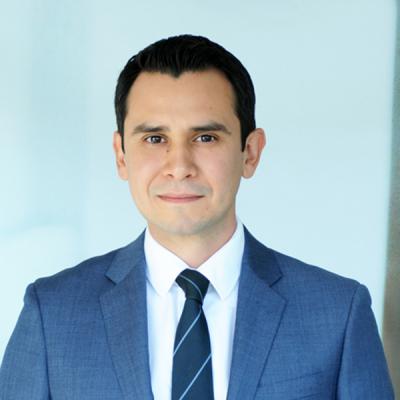Breaking: SCOTUS Will Decide ATDS Definition in Facebook, Inc. v. Duguid et al.
Only days after the Supreme Court’s decision in Barr v. AAPC, the High Court granted certiorari in another TCPA case, Facebook, Inc. v. Duguid et al., No. 19-511 (cert. granted July 9, 2020). Though an overhaul of TCPA litigation was a possibility in AAPC, it’s now a near certainty in Facebook. Facebook has asked the Court to address a question at the heart of a nationwide circuit split: “Whether the definition of [an automatic telephone dialing system] . . . encompasses any device that can ‘store’ and ‘automatically dial’ telephone numbers, even if the device does not ‘us[e] a random or sequential number generator.’”
Currently, the Third, Seventh, and Eleventh Circuit Courts of Appeal require number generation in order for technology to qualify as an ATDS. See Gadelhak v. AT&T Services, 950 F.3d 458 (7th Cir. 2020); Glasser v. Hilton Grand Vacations, Case No., 948 F.3d 1301 (11th Cir. 2020); Dominguez v. Yahoo, 894 F.3d 116 (3d Cir. 2018). The Second and Ninth Circuit Courts of Appeal, in contrast, have liberally construed the statutory text and do not require number generation. Duran v. La Boom Disco, Inc., 955 F.3d 279 (2d Cir. 2020); Marks v. Crunch San Diego, 904 F.3d 1041 (9th Cir. 2018).
After Monday’s decision in AAPC, keeping the statute’s ATDS provisions intact, the possibility of a game-changing defendant-friendly setback has sent pending (and would be) plaintiffs reeling. The petition opens the door for the Court to plainly read the Statute and side with the Third, Seventh, and Eleventh Circuits – effectively gutting the value of many pending and future class actions. Given the potential impact on pending litigation, defendants are wise to consider motions to stay while the Court decides the issue.
Authors
Joshua Briones
Member / Managing Member, Los Angeles Office

Crystal Lopez
Esteban Morales
Member



